London Challenge Poverty Week: Solve poverty to tackle the climate crisis
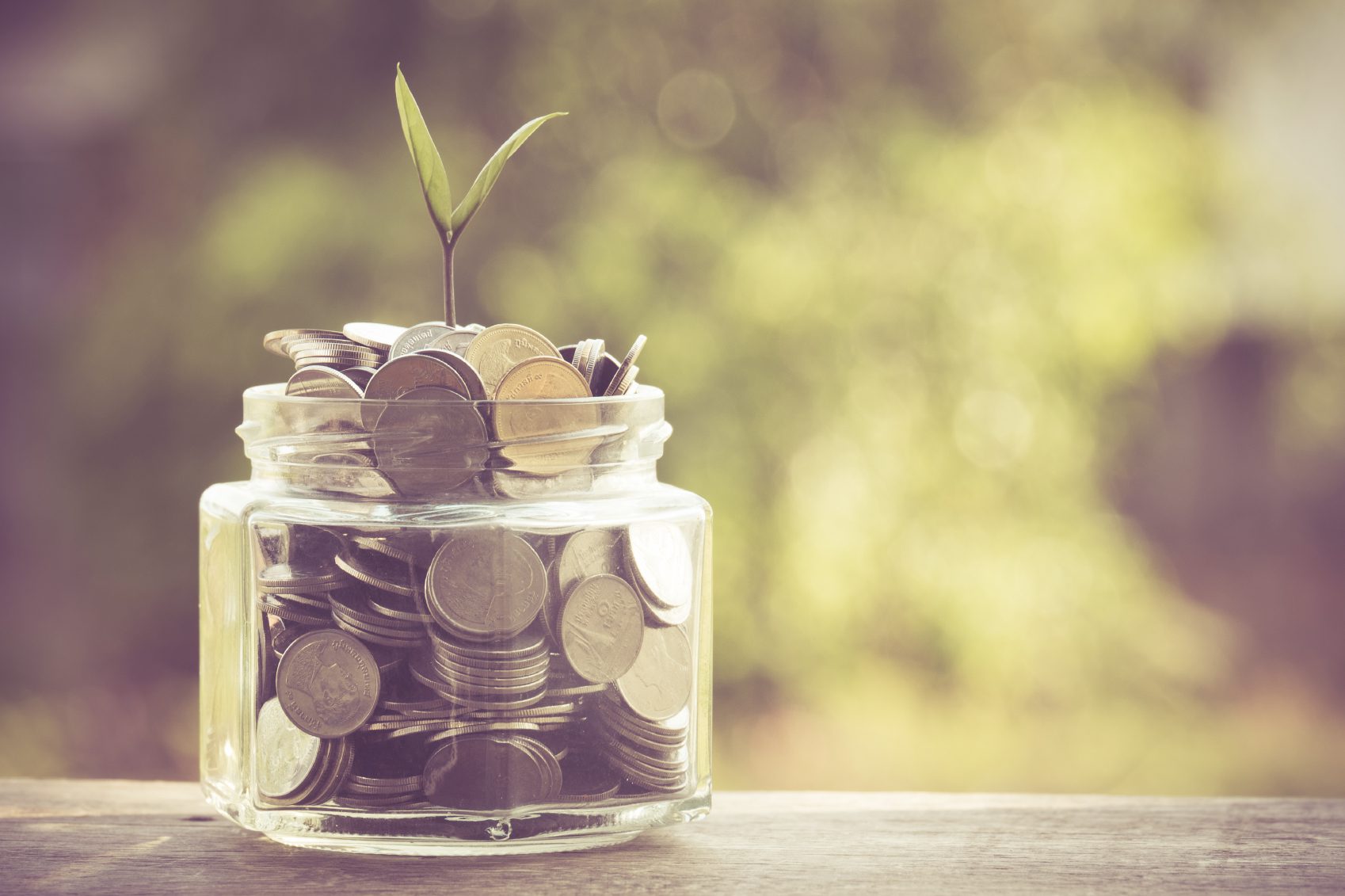
For London Challenge Poverty week, we’re providing a platform for a range of people to share their experiences and give their perspectives on poverty, and on how we could make London fairer for everyone.
Throughout the week we will be sharing the views of people in Tower Hamlets who are facing different challenges, and sharing their views on employment support, the social security system, health, housing and the experience of children and families.
People on low incomes face huge barriers – but they also have ideas and solutions for how things could – and should – be made better. We hope you enjoy hearing from them and will give your backing for their ideas.
Joan Grant is an active member of the Toynbee Hall community. Joan has trained to be a Community Money Mentor and is one of the Expert by Experience contributors to our programme with Fair by Design, supporting innovators to design for real people’s lived experience of the Poverty Premium. Joan is now taking part in the On Road Media programme, which is changing mainstream narratives on poverty by training experts by experience to speak to the media. This article has been written by Joan and makes the case that we won’t be able to deal with climate change unless the incomes of the least well-off in society rise, so that they too can make environmentally friendly choices.
We are told that we are in a climate emergency. The Government has committed to ‘net zero’ by 2050, and Labour to ‘net zero’ by 2030 at its recent party conference. If we are serious about dealing with climate change and meeting these targets, it is going to require quite fundamental changes to our society and economy. The Climate Change Committee (CCC) has told us what we need to do to tackle climate change. We need more renewable energy. We also need agriculture to be less intensive. On a personal level, we need to eat less meat, to fly less, to drive less, we need to wear less disposable fashion.
“Wealthier people have more choice about how to reduce their carbon footprint”
It is obviously the case that people on high incomes have a very large carbon footprint as they fly a lot, drive big cars, use a lot of energy etc. But as homeowners, rather than renters, they are more able to take actions to reduce their footprint e.g. by installing solar panels. The footprint of people on low incomes is not necessarily much lower than people on higher incomes. And we have less capacity to reduce our footprint. We don’t have the right to install solar power in our homes, we are reliant on the landlord to take action. We are less likely to be able to afford to drive an electric vehicle. Wherever you look, the environmentally-friendly choice tends to be the most expensive option.
“It’s not easy for people on low incomes to make green choices”
The Price of Green Energy
Energy generation creates a quarter of CO2 emissions. We need more renewable energy. But, currently, green tariffs tend to be higher than standard tariffs. According to a 2019 report by Ofgem, the number of electricity customers in debt last year increased by 4.2 per cent to 1.31million, and by 4.8 per cent to 1.05million for gas customers. So it is clear that there are an awful lot of people who cannot afford the cost of electricity as it is. They can only afford the environmentally friendly choice if their incomes are raised.
Access to Environmentally Friendly Food
We live in a country where people are so badly off that the Trussell Trust’s food bank network distributed 1.6 million parcels last year. We know that people on low incomes are not able to afford good food. Bad food leads to obesity. The cost to society, in particular to the NHS, of people on low incomes is huge.
What’s more, agriculture is one of the most polluting industries. It is responsible for 24% of CO2 emissions.
The CCC report recommends that agriculture is made less intensive. It also suggests that consumers reduce their consumption of meat. Both of those things would make food more expensive. There is no way that can happen unless people on low incomes have higher income.
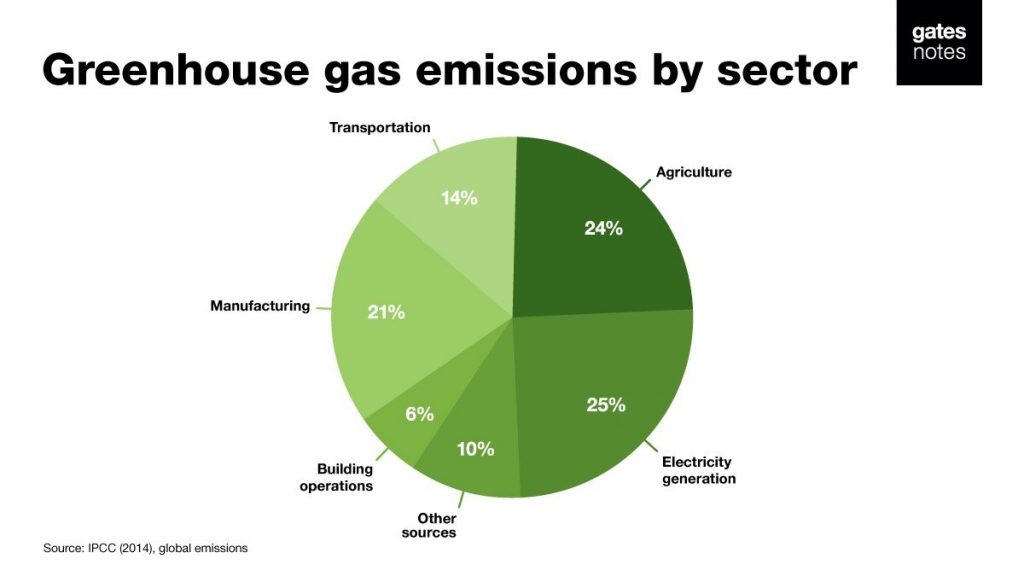
Fast Fashion and Throw-Away Goods
Turning to clothing, we know that a high proportion of the clothes sold on the High Street are made abroad. In many cases, they are made in countries where the working conditions are very bad. The environmental impact of shipping clothes to the UK is huge. For people on low incomes, purchasing cheap, environmentally ‘unfriendly’ clothing is the only really choice for them.
The same applies to ‘stuff’ – gadgets, furniture, white goods – of all kinds. Most of the things that we buy are made in China and shipped here. The environmental impact of this trade is huge. China is now in the top 3 for CO2 emissions. That is mostly down to the fact that it has become the workshop of the world. The environmental impact of gadgets such as smartphones, tvs, and indeed electric cars should not be overlooked. All of these gadgets require lithium batteries. Lithium and other rare earth metals are mined in generally appalling conditions which fuel instability in fragile nations such as Congo.
But what are the alternatives for people on low incomes? An environmentally friendly phone costs around £400.
Personal Carbon Budgets
The Brown Labour Government considered bringing in Personal Carbon Budgets. It decided not to implement that policy. There is an obvious problem with the policy in that you have to decide what to do about people who exceed their carbon budget.
That said, carbon budgets would have been a good way to get public discussion and engagement with the issue of climate change. We would have been forced to accept that we are all equal as citizens. Personal carbon budgets would require companies to provide more information about the environmental impact of their products. Consumers could then make informed choices. You might also then create a mass market for products with a lower environmental impact.
The Only Solution is to Raise Income
The fact is that tackling climate change will require radical action. There is no way that you can achieve the changes needed in a society where people cannot even afford to eat well, heat their homes and buy expensive appliances. The fact is that if a government is serious about tackling climate change, they are going to have to deal with the issue of poverty. The two are now linked. If you are serious about wanting to tackle climate change you have to address issues of poverty – both here and globally.
The cost of poverty to society is much higher than it first appears. Repairing the damage to the environment caused by poverty could be achieved by ensuring that people have higher incomes that enable them to eat properly and make environmentally positive choices.
When all is said and done, benefits are paid out of public revenue, a third of which comes from the taxes paid by people in work. We are also a country that is nearly £2T in debt. We have to make it clear that it is in the self-interest of people on higher incomes that everyone should have a living wage, whether they are in work or r on benefits. We will only be able to meet climate targets if all members of society can afford to make environment-positive choices.
*All names have been changed to maintain confidentiality.


















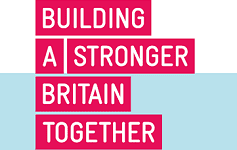




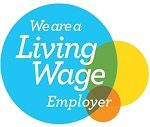
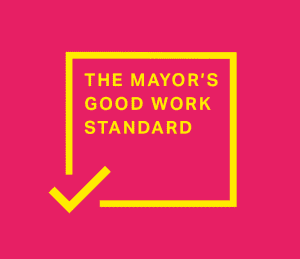
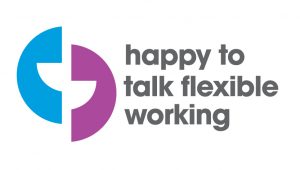

123 Responses
I have just had a look at environmentally friendly phones and the cheapest ones are the refurbished secondhand ones, these phones are also rated as the most environmentally friendly.